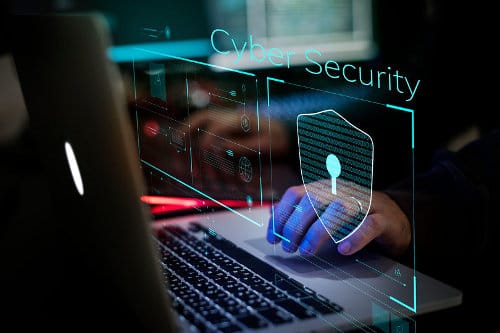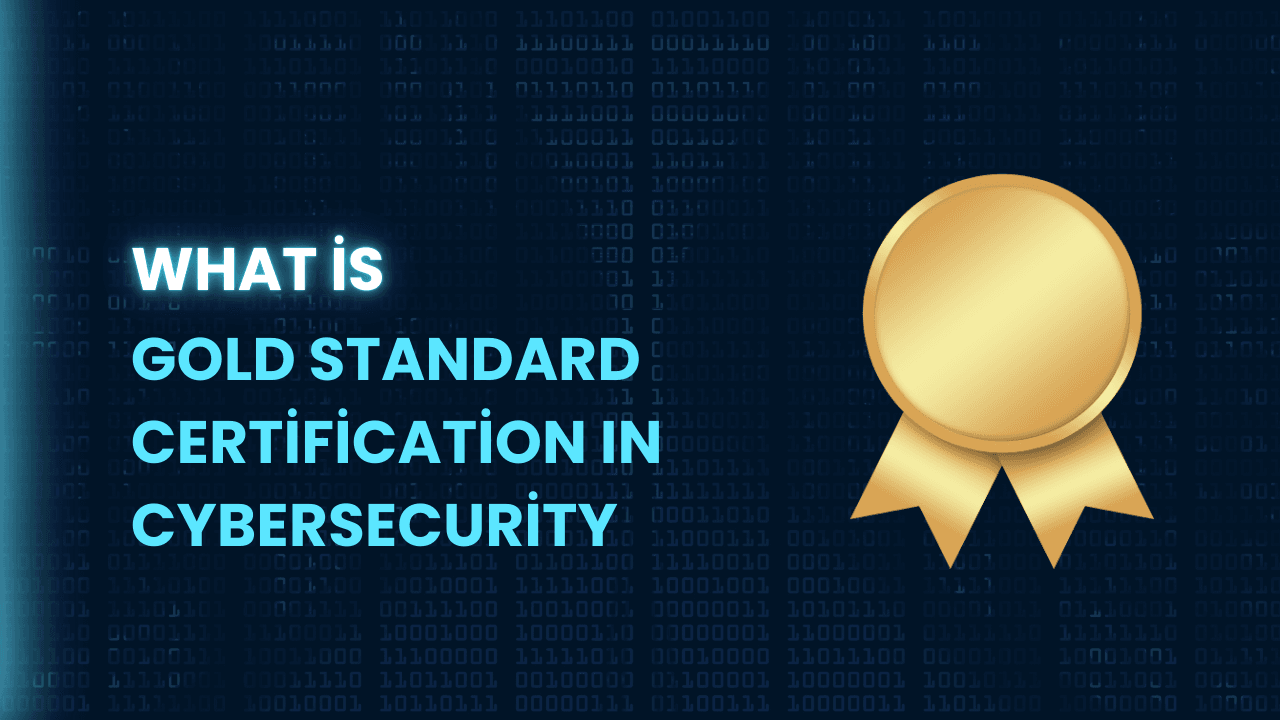
Find out why people find cybersecurity more challenging than programming and collect knowledge for your learning process. Learn about the challenges of learning both fields to make a more informed decision.
In the vast array of possibilities, two areas frequently entice young tech-savvy enthusiasts: cybersecurity and the field of coding.
When individuals begin their journey through the world of technology,:, a question arises: Is cybersecurity harder to master than coding?
In this study, we will examine the intricate details of both areas, examining the specific problems they face and offering important insights that will help you in your education journey.
The Many Facets of Cybersecurity
In the cybersecurity world, there are various areas, each dedicated to protecting a crucial element of our digital world.
1. Data Security: Cybersecurity plays an essential role in securing the security of information stored in databases or within systems and defending it from cyber-attacks and criminals. This is mainly for companies that are entrusted with sensitive data.
2. Network Security: Network Protection and Security protects the integrity and security of computer networks and associated databases by preventing external access, intrusion, and attacks.
3. Software Security: Cybersecurity employs tools, libraries, and other technologies to prevent unauthorized access to an organization’s software and protect its integrity.
4. Security for Users: This section concentrates on protecting individuals using digital systems, software systems, and personal computers, helping users protect themselves from cyber-attacks and malware.
5. Corporate Protection: Comprehensive security extends to the entire system from malware, phishing attacks, and other cyberattacks. This includes an organization’s response to cyberattacks and the security of its computer system.
Is Cybersecurity Hard to Learn?
In reality, mastering cybersecurity is long and difficult, but it’s possible with perseverance and patience, similar to any other profession.
Contrary to some tech domains, cybersecurity does not require coding or sophisticated math skills, making it more accessible for many.
The main issue is the necessity of continuing to study. In today’s ever-changing environment, keeping up-to-date with industry trends and threats is essential, regardless of your experience level.
But cybersecurity is a thrilling and rewarding career for those intensely passionate about the field and energized by the thrill of constantly advancing issues.
What Makes Cybersecurity a Challenging Field to Master?
Many factors increase the security challenges:
- Diverse tools Security success depends on the ability to master various techniques, tools, and software. The broad field of cybersecurity requires continual improvement of skills.
- Ever-evolving technology The continuous advancement of technology guarantees that cybersecurity professionals have to spend a lot of hours keeping abreast of the most recent trends and developments in the technological landscape.
- A variety of threats Landscape Cyber threats are ever-changing, and new types of attacks are constantly emerging. Awareness of the most recent techniques for hacking and weaknesses is crucial for cyber-defenders.
How Long Does It Take to Become Proficient in Cybersecurity?
The process of becoming proficient in cybersecurity usually requires one to two years of intense research. The length of time can differ depending on prior expertise in the field and the academic course taken.
Earning a bachelor’s degree in cybersecurity typically takes four to five years, while a master’s degree usually takes two years.
Those contemplating coding classes and independent education should expect to spend at least two more years studying to acquire enough knowledge for an IT security job.
Coding
Coding, on the other hand, is the art of creating software and applications.
It involves writing a set of commands to instruct a computer what to do. As humans communicate together in language and communication, coding is the method that we use to communicate with computers.
Java, Python, and C++ are the most frequently used programming languages.
Is Cybersecurity Harder Than Coding?
The ongoing debate over whether cybersecurity is more difficult than coding is a lingering question.
In reality, both areas have distinct challenges, making direct comparisons challenging. We will examine a variety of aspects to illuminate the issue:
- Expertise: Cybersecurity involves more coding but requires a greater understanding of operating systems, network management of systems, and fundamental security principles. Coding, however, requires expertise in frameworks and programming languages.
- Skillset Level Coding is a skill, while cybersecurity encompasses a wide variety of knowledge, from coding to network management and risk control.
- Work Environment: The working security environment can be stress-inducing due to the constant monitoring to guard against potential threats. Coding can provide the most comfortable work environment with improved communication and support.
- Continuous Learning Both fields require continual learning to keep up with changing developments. The programming language’s ever-changing character and the constant threat of cyberattacks require continuous training.
- Career Development: Cybersecurity boasts a higher demand for professionals, providing more job opportunities. However, even though it can be lucrative to code, job growth can be harder to bring off.
- The entry barrier for cybersecurity often offers a lower entry hurdle, making it a choice for those with less technical abilities. The programming field requires more technical competence to start the job.
- The process of advancing to higher levels in cybersecurity can be difficult and time-consuming because of the requirement for a vast technical understanding. Regarding programming, having good language knowledge could result in faster advancement.
Summary
Achieving success in pursuing a diploma in cybersecurity or programming is contingent on your passions, abilities, and dedication.
Both fields have obstacles and potential. If you’re driven and committed, you can conquer any technological obstacle.
So, whether the complexities of cybersecurity or the creativeness of programming inspire you to embrace your path, you’ll be on the path to success.






